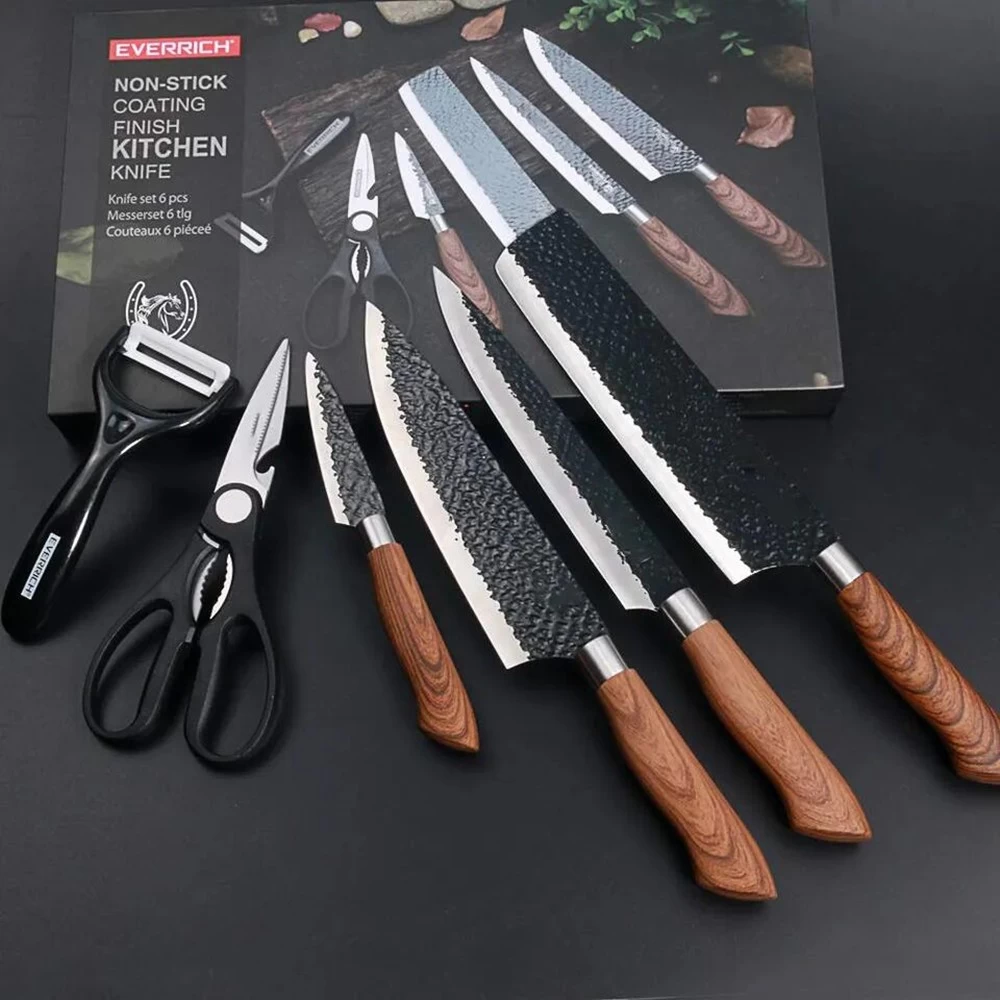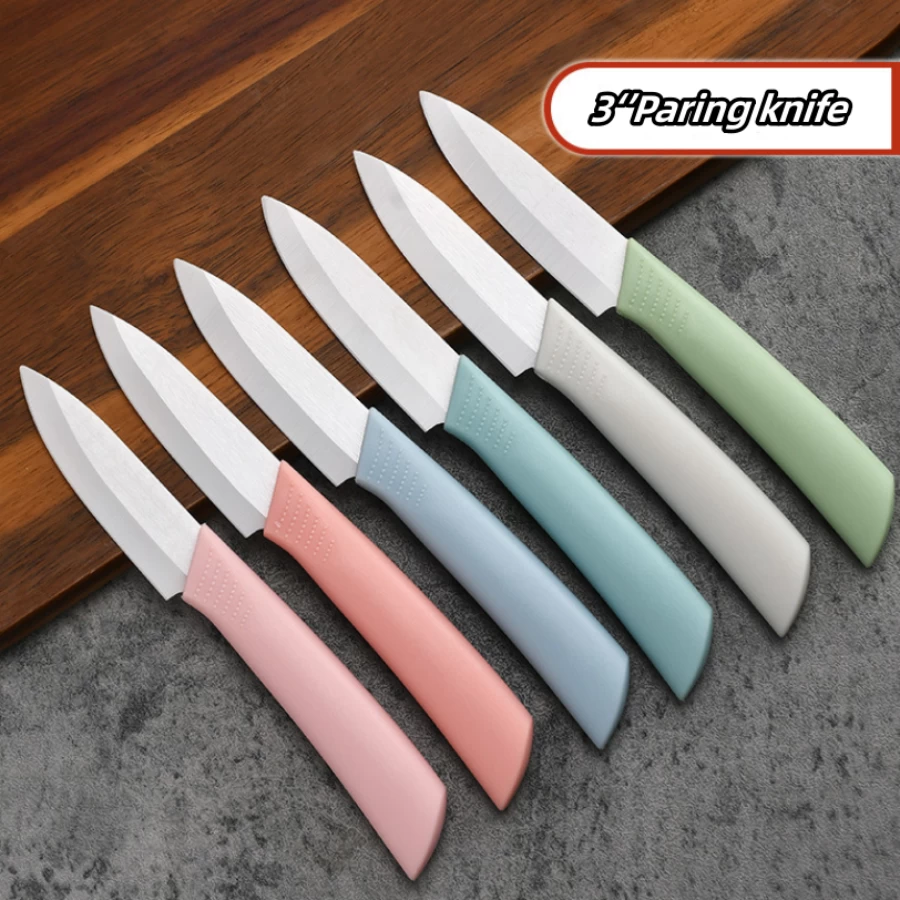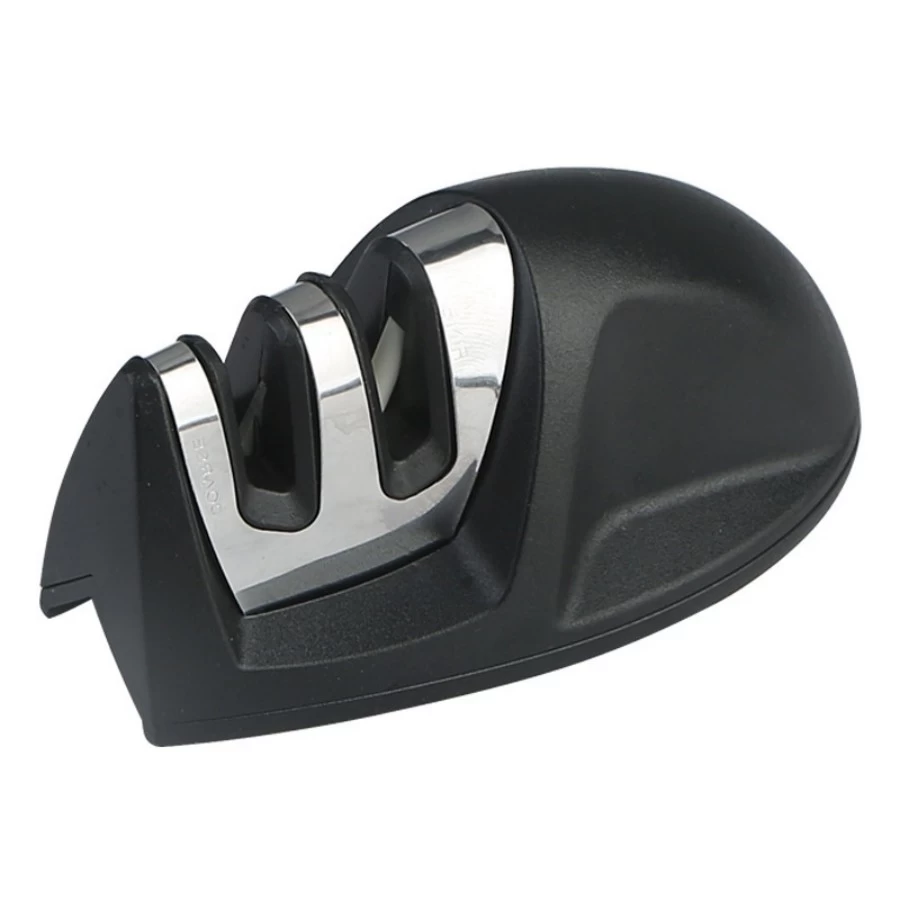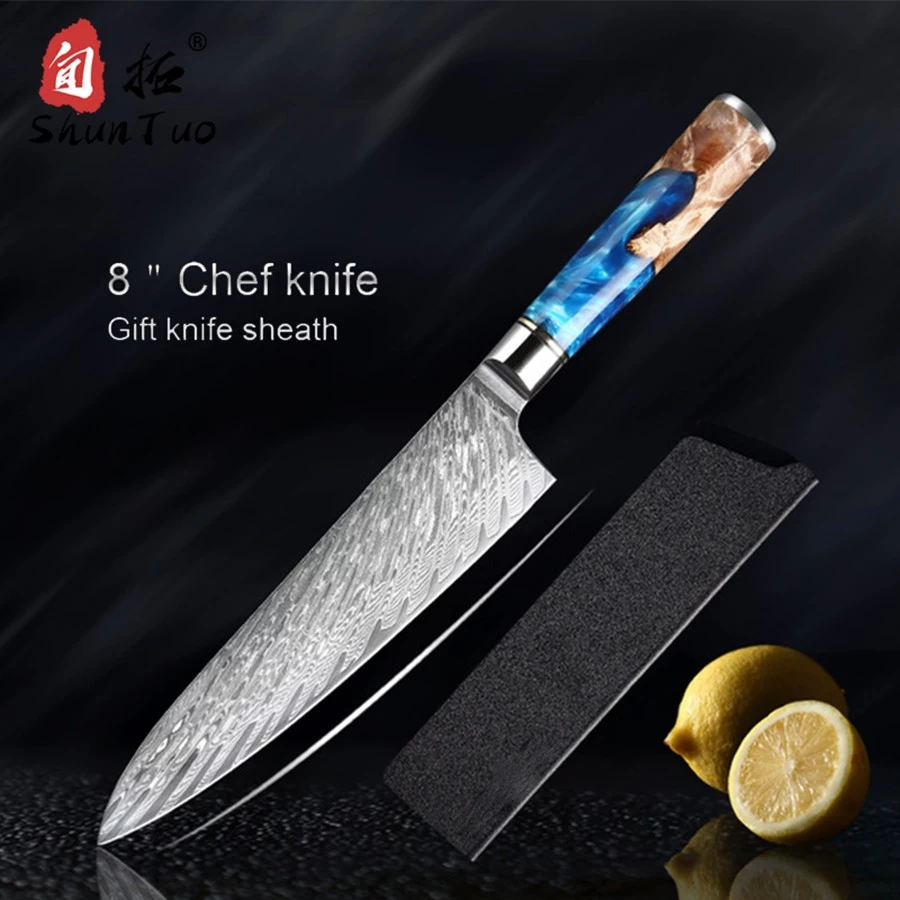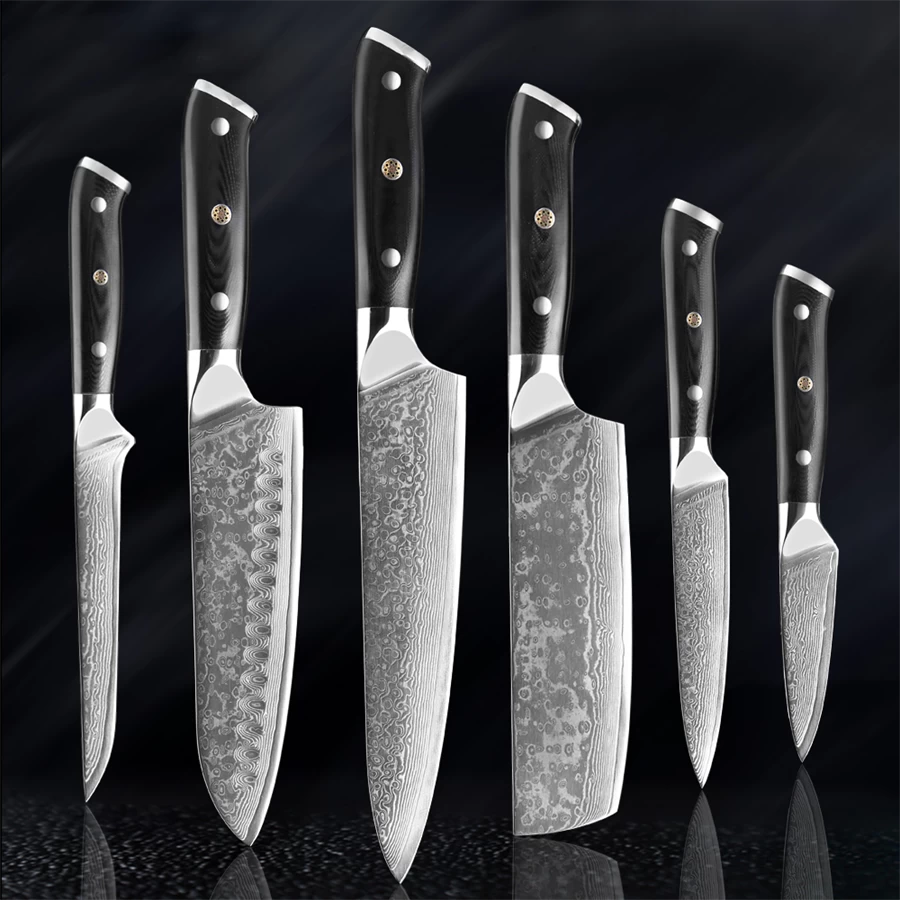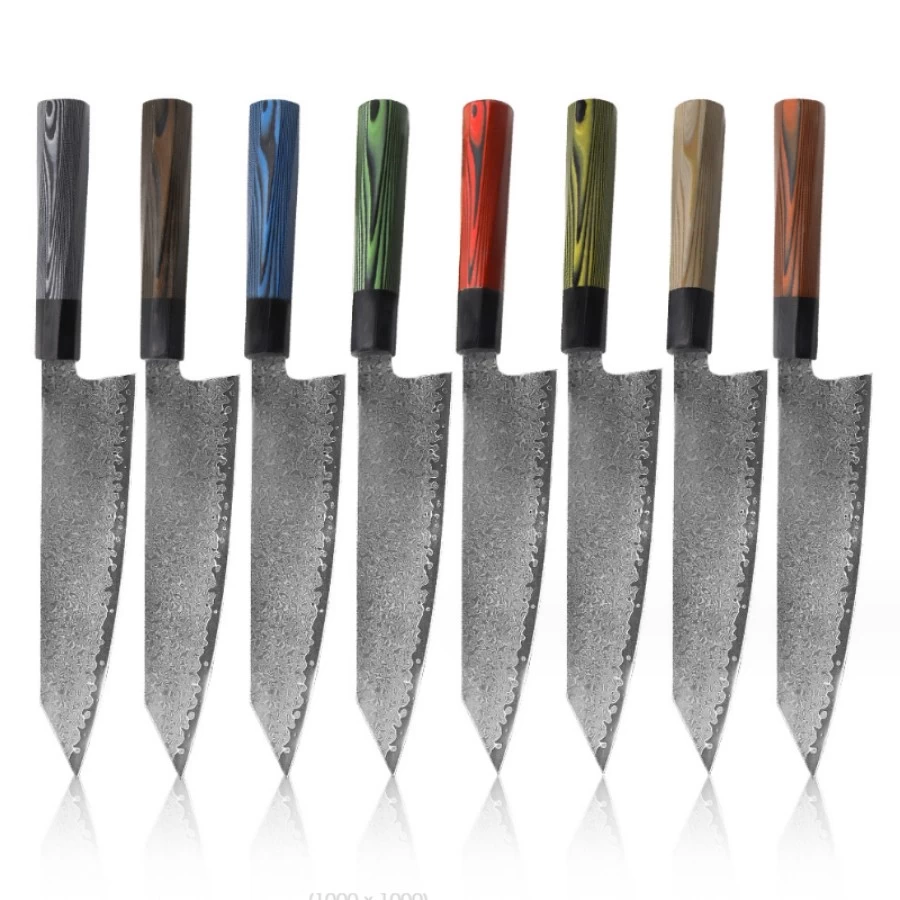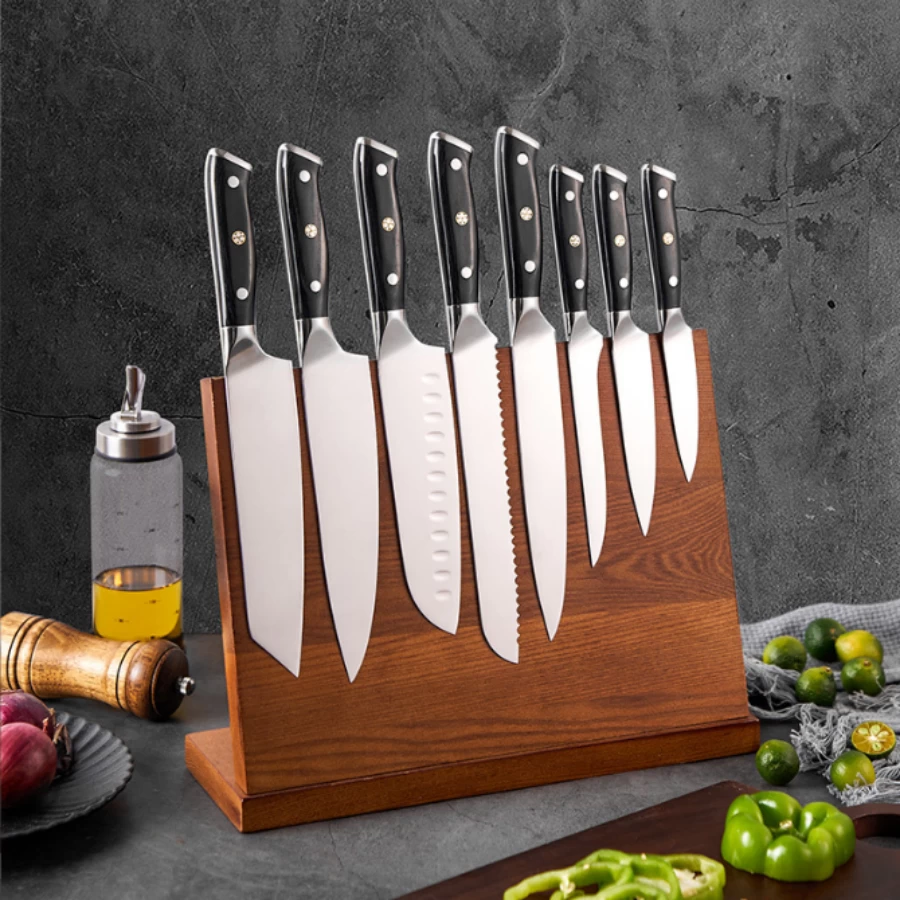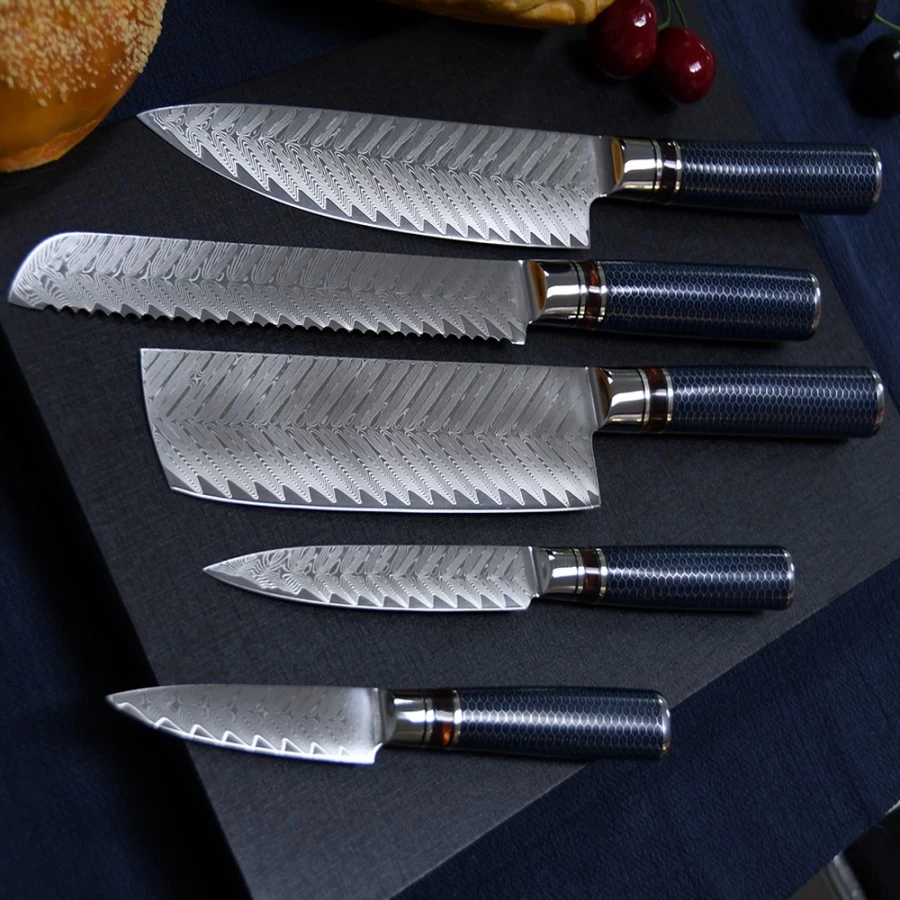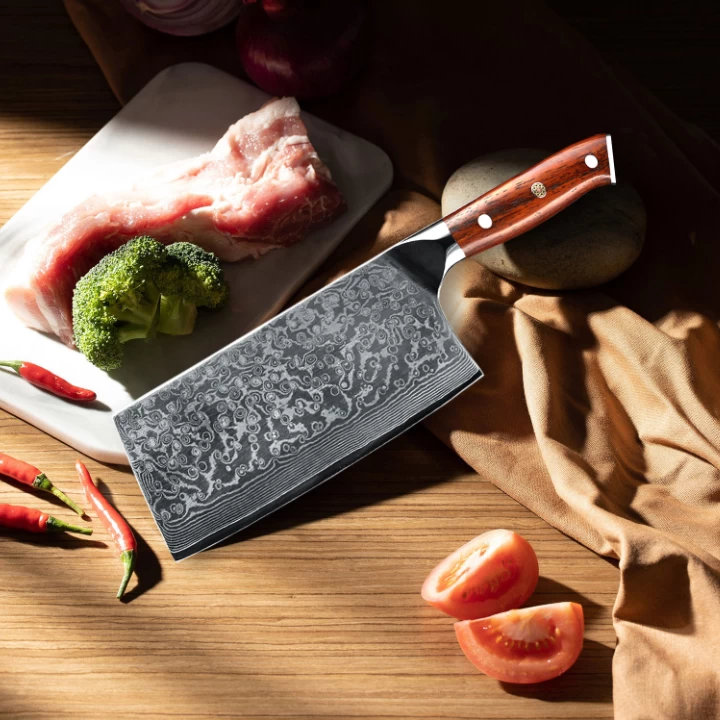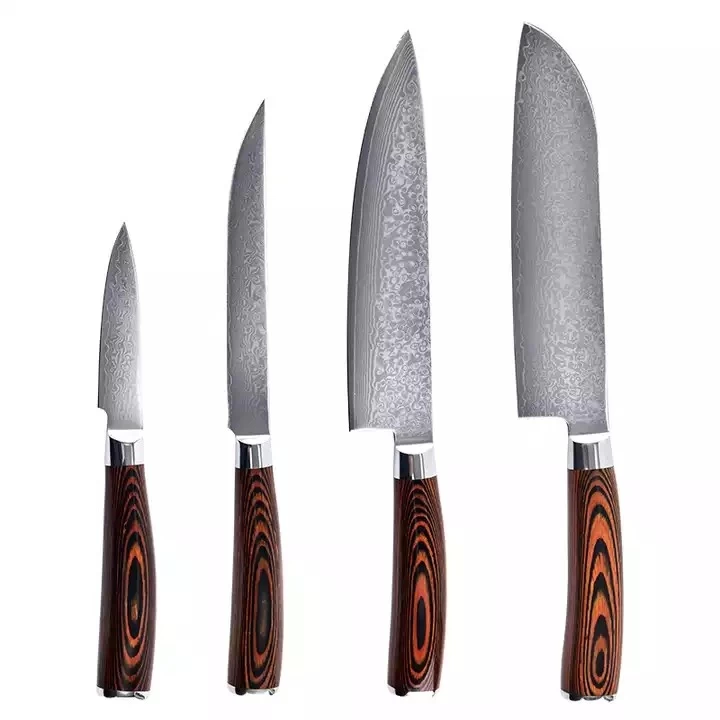What should you pay attention to when using Ceramic knife?
Ceramic knives unlike steel knives, ceramic knives are known for their extraordinary sharpness is non-reactive are highly resistant to rust and corrosion.meaning it does not transfer any metallic ions or odors to the food being cut. This also makes them suitable for use in humid environments or acidic foods.
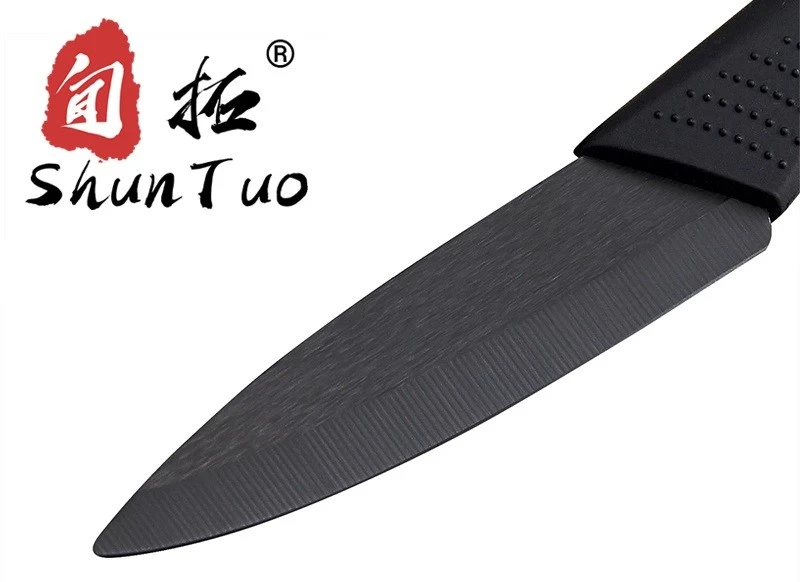
Of course, because of the fragile nature of ceramic knives, should be used on cutting boards made of wood, plastic, or bamboo. Avoid cutting on hard surfaces like stone or glass, as they can cause the blade to chip or break. they are best used for slicing boneless meats, fruits, and vegetables. Not intended for cutting bones, frozen foods or hard materials.
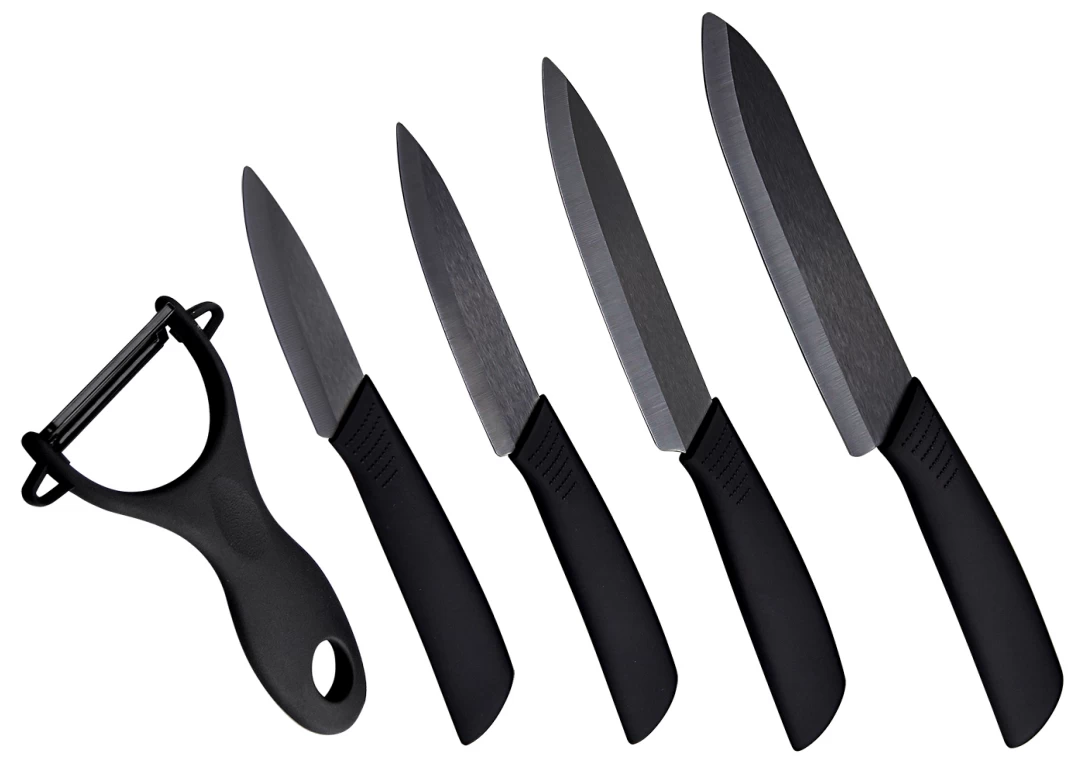
To prevent accidental damage, store ceramic knives in a knife block or sheath. Avoid storing them loosely in a drawer where they can come into contact with other utensils and potentially chip.
Ceramic knives have razor-like edges and are non-porous for easy cleaning, won't absorb food particles or odors, and can be easily rinsed or wiped clean. Avoid using abrasive sponges or harsh cleaners that can scratch the blade. After cleaning, dry the knife thoroughly to prevent water spots or corrosion.

